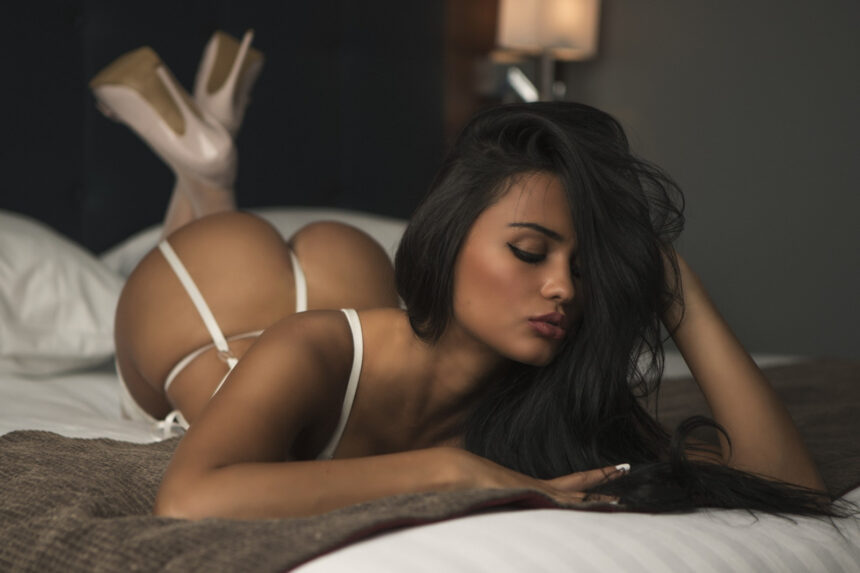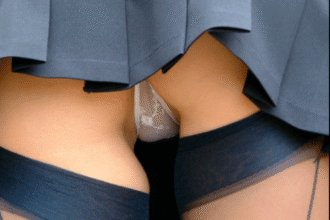As 2025 unfolds, the luxury car market continues to evolve, blending performance, technology, and sustainability in ways that redefine prestige. High-net-worth buyers are increasingly seeking vehicles that combine state-of-the-art connectivity, cutting-edge electric drivetrains, and bespoke customization, and the trends this year reflect a clear shift toward electric and hybrid powertrains alongside traditional combustion-engine excellence.
1. Tesla Model S Plaid
Tesla remains a dominant force in luxury EVs, and the Model S Plaid has cemented its popularity in 2025. With over 1,200 horsepower, a 0-60 mph time under 2 seconds, and an all-electric range exceeding 400 miles, the Model S Plaid appeals to buyers who value performance, futuristic technology, and sustainability. Its integration with Tesla’s advanced Autopilot and Full Self-Driving features keeps it at the forefront of innovation.
2. Mercedes-Benz EQS
Mercedes-Benz’s all-electric EQS sedan has seen tremendous demand, particularly among executives and global elites seeking a luxury EV with classic refinement. The EQS combines a quiet, spacious interior with MBUX Hyperscreen technology, delivering both comfort and advanced digital interfaces. Its emphasis on sustainability and long-range performance makes it a top choice for eco-conscious luxury buyers.
3. Rolls-Royce Ghost
For those who prioritize timeless craftsmanship and bespoke luxury, the Rolls-Royce Ghost remains a standout. Its 2025 iterations feature expanded customization options, quieter cabins, and advanced infotainment systems, allowing buyers to craft a vehicle that truly reflects their lifestyle. Despite the rise of EVs, the Ghost continues to dominate the ultra-luxury combustion-engine segment.
4. BMW i7
BMW’s i7 electric sedan is a clear example of the convergence of performance and sustainability. With high-speed charging capabilities, a serene interior, and driver-assistance technology rivaling Tesla’s, the i7 appeals to buyers who want a premium EV experience without compromising traditional BMW dynamics. Its sales have surged in Europe, North America, and Asia, reflecting global appeal.
5. Porsche Taycan Cross Turismo
Porsche continues to combine sportscar excitement with luxury EV practicality through the Taycan Cross Turismo. The 2025 version features enhanced battery range, adjustable air suspension, and advanced driver aids, making it suitable for both performance enthusiasts and long-distance travelers. Its unique styling and Porsche pedigree have made it a must-have among luxury EV buyers.
6. Lexus LS 500h
Lexus’s LS 500h hybrid sedan maintains popularity among buyers who seek refined comfort and efficiency. The hybrid drivetrain offers a smooth, quiet ride, while the latest infotainment and safety systems appeal to tech-savvy executives. The LS 500h continues to bridge traditional luxury with modern sustainability.
7. Audi e-tron GT
Audi’s e-tron GT has captured attention for its sleek design, rapid acceleration, and cutting-edge electric architecture. Its appeal lies in a balance of sportiness and understated luxury, attracting buyers who want both a dynamic driving experience and eco-friendly credentials.
Emerging Trends in 2025
- Electric and Hybrid Dominance: EVs and hybrids now represent over 60% of luxury vehicle purchases, reflecting both regulatory pressures and consumer preference for sustainability.
- Tech-Centric Interiors: Buyers expect large digital displays, AI-driven infotainment, and connectivity features as standard.
- Customization and Personalization: From bespoke interiors to tailored paint options, high-net-worth individuals seek vehicles that are extensions of their lifestyle.
- Globalized Preferences: While North America and Europe lead in luxury EV adoption, demand in Asia, particularly China and the UAE, is accelerating rapidly.
Conclusion
In 2025, the luxury car market demonstrates a dynamic shift toward electric and hybrid vehicles without abandoning the craftsmanship and exclusivity that define premium brands. Tesla, Mercedes-Benz, Porsche, and BMW dominate the EV sector, while traditional luxury stalwarts like Rolls-Royce continue to thrive. The year’s most popular luxury cars reflect a perfect blend of performance, sustainability, technology, and personalized luxury, catering to an increasingly discerning global clientele.














